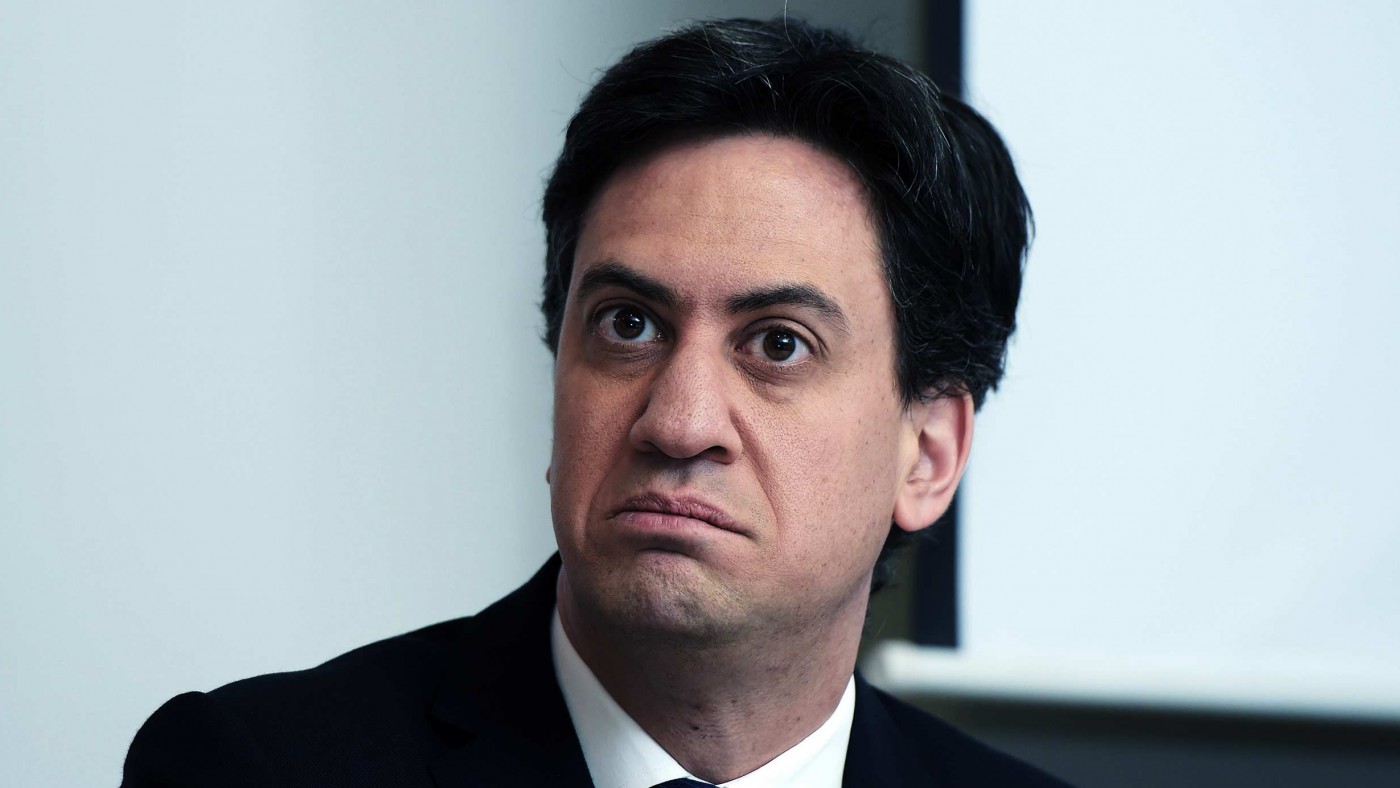In his speech today, Ed Miliband argued that increasing productivity is the key to stronger growth, higher living standards and faster deficit reduction. He was of course right. It was therefore a shame that his solutions did not meet the challenge he outlined.
If as a country, we are not producing more for every hour of work we put in and every pound we invest, then sustained real wage growth will remain elusive. The UK has seen a particular weakness in productivity since 2007 and output per hour is about a fifth lower than the average across the G7.
Productivity is also often ignored in analysis of the deficit reduction carried out under the Coalition. In the departmental spending which the Government can directly control, it has actually over-achieved its spending reductions. The areas of spending over which the government has less control, such as housing benefits and tax credits, have not fallen in the desired way and income tax revenues have disappointed. Stronger real wage growth driven by rising productivity would push up revenues and reduce pressures on the benefits bill.
So, on the importance of productivity growth, Miliband has identified the right challenge. However his solutions to the problem are not only inadequate but would often probably exacerbate the situation. On energy, Miliband correctly pointed out that prices had increased significantly over recent years and were biting into household disposable incomes. Yet instead of outlining proposals to boost competition and free up supply, he proposed a government mandated freeze on prices. Of course, the full absurdity of his proposal only became clear over recent months as oil and gas prices have collapsed and energy companies have been cutting bills.
As with energy, so it is with productivity. Miliband’s programme of higher taxes on income and capital combined with a vast array of new, costly regulatory burdens utterly undermine his claim to be the saviour of British productivity. Without blushing, he promised to help businesses “raise productivity and make bigger profits” whilst simultaneously arguing for higher corporation taxes. Such higher taxes on profits will undoubtedly lead to the loss of tens of thousands of jobs especially within the context of a programme of higher taxes on incomes, property and pensions.
Whilst he made the obligatory noises about cutting the burden of regulation on small businesses, his party proposes new regulations ranging from employment tribunals to rent controls to all but banning shale gas exploration. His key announcement of more apprenticeships, like so many of his other pledges, appears to be funded by plucking from the magic money tree.
Ultimately what drives Miliband is not a pro-consumer, pro-growth agenda but a core belief in the need for a bigger, more powerful, more intrusive state to resolve our problems. Perhaps what betrays this belief is his claim that cutting public spending to eliminate the deficit “would undermine our productivity and competitiveness as a country”. As the latest analysis from the Centre for Policy Studies shows, there is a strong correlation between dependency and the size of the state. The bigger state, which Miliband envisages could lead to 750,000 more households dependent on the state by 2020.
Like on so many other issues, Miliband has identified the symptom. Unfortunately his solutions are either inadequate or counter-productive.


